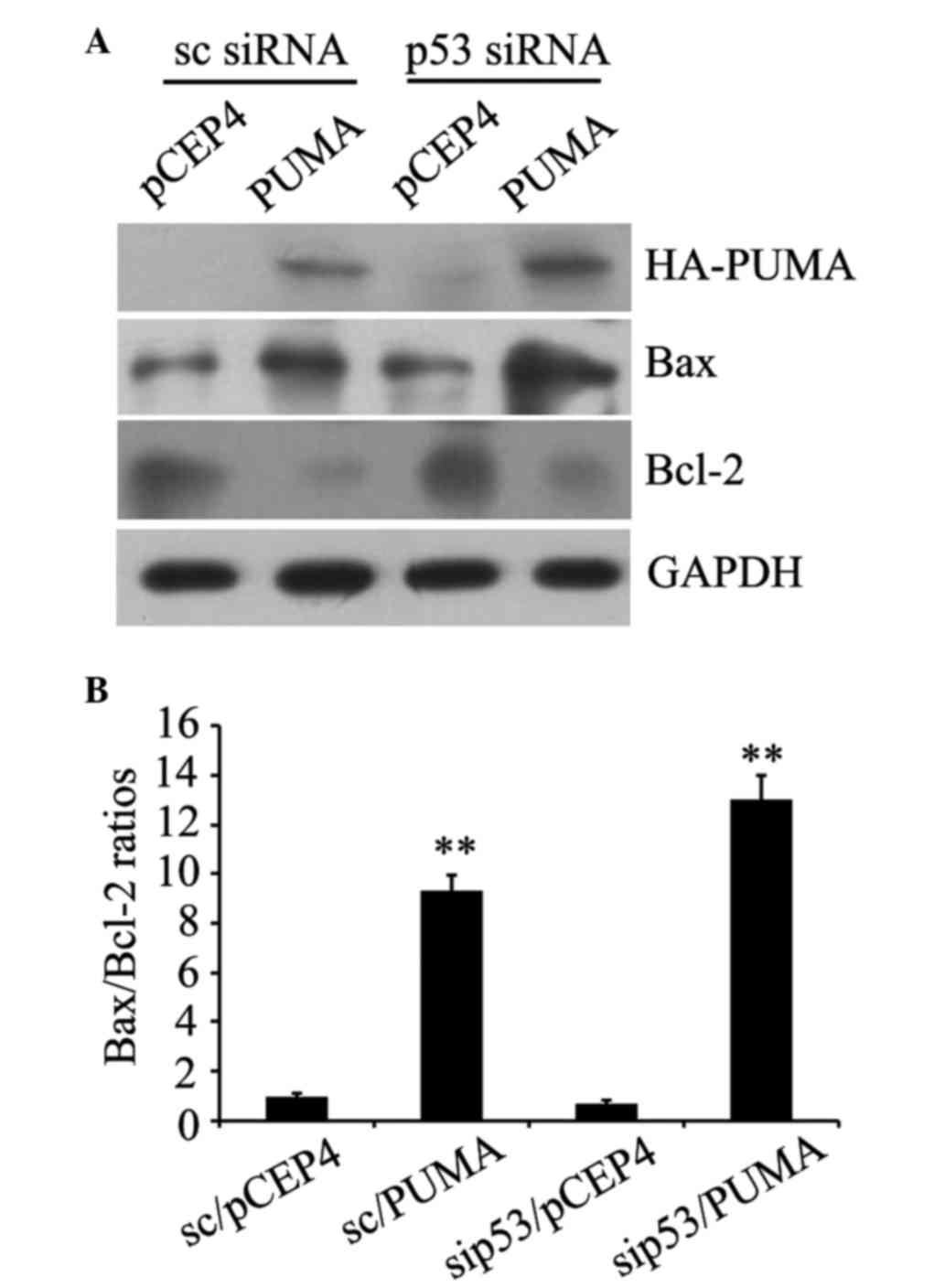BH3-only sensors Bad, Noxa and Puma are Key Regulators of Tacaribe virus-induced Apoptosis | PLOS Pathogens
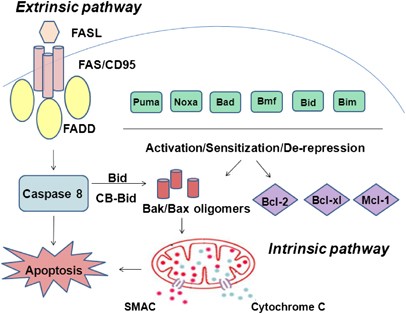
A review of the role of Puma, Noxa and Bim in the tumorigenesis, therapy and drug resistance of chronic lymphocytic leukemia | Cancer Gene Therapy

Schematic diagram of p53 and PUMA regulation of apoptosis following... | Download Scientific Diagram
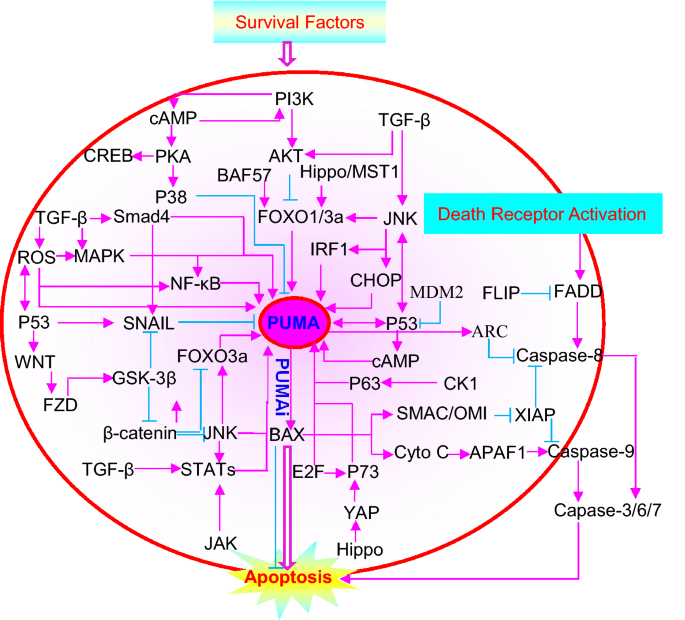
The role of P53 up-regulated modulator of apoptosis (PUMA) in ovarian development, cardiovascular and neurodegenerative diseases | SpringerLink

Wild-Type p53 Promotes Cancer Metabolic Switch by Inducing PUMA-Dependent Suppression of Oxidative Phosphorylation - ScienceDirect



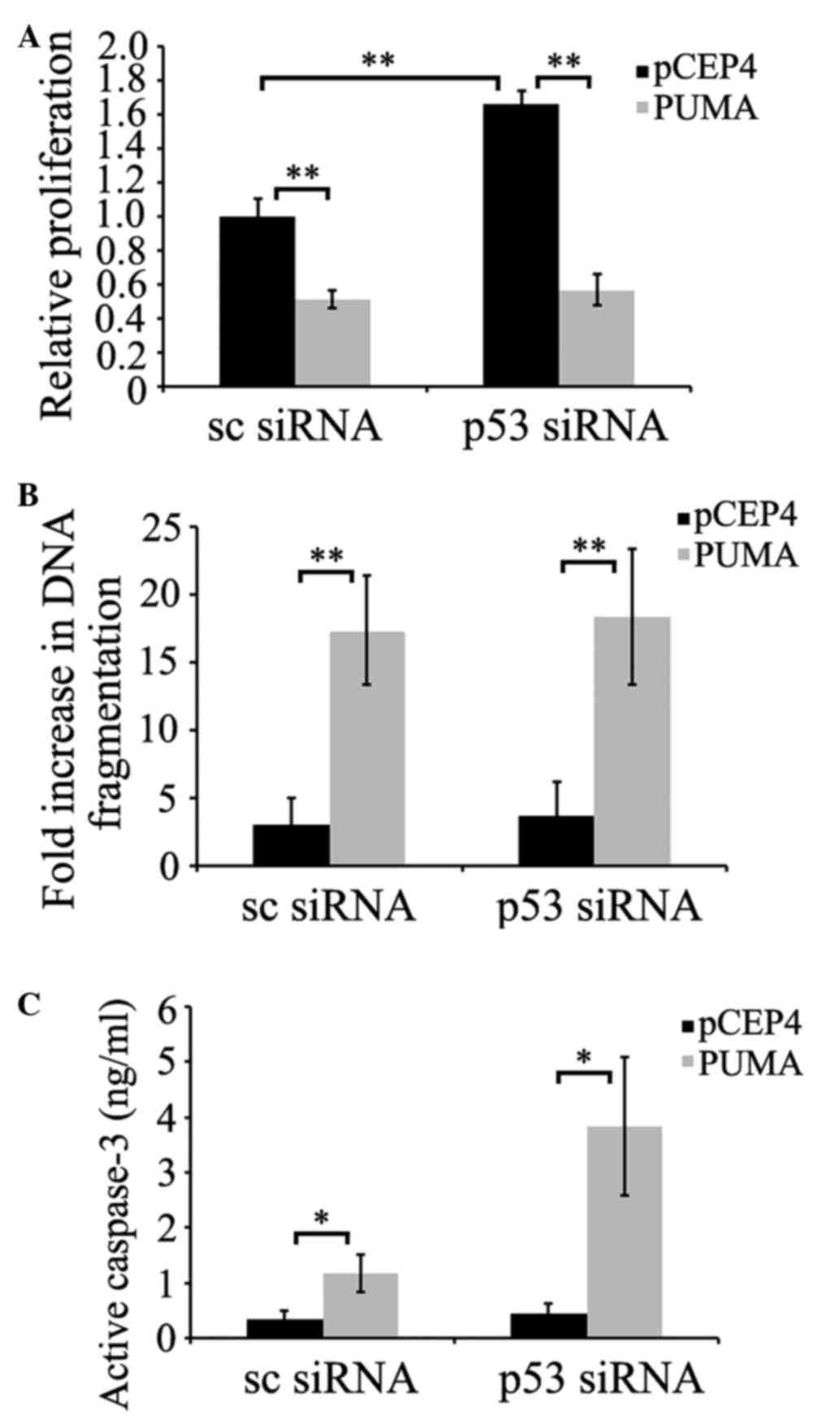



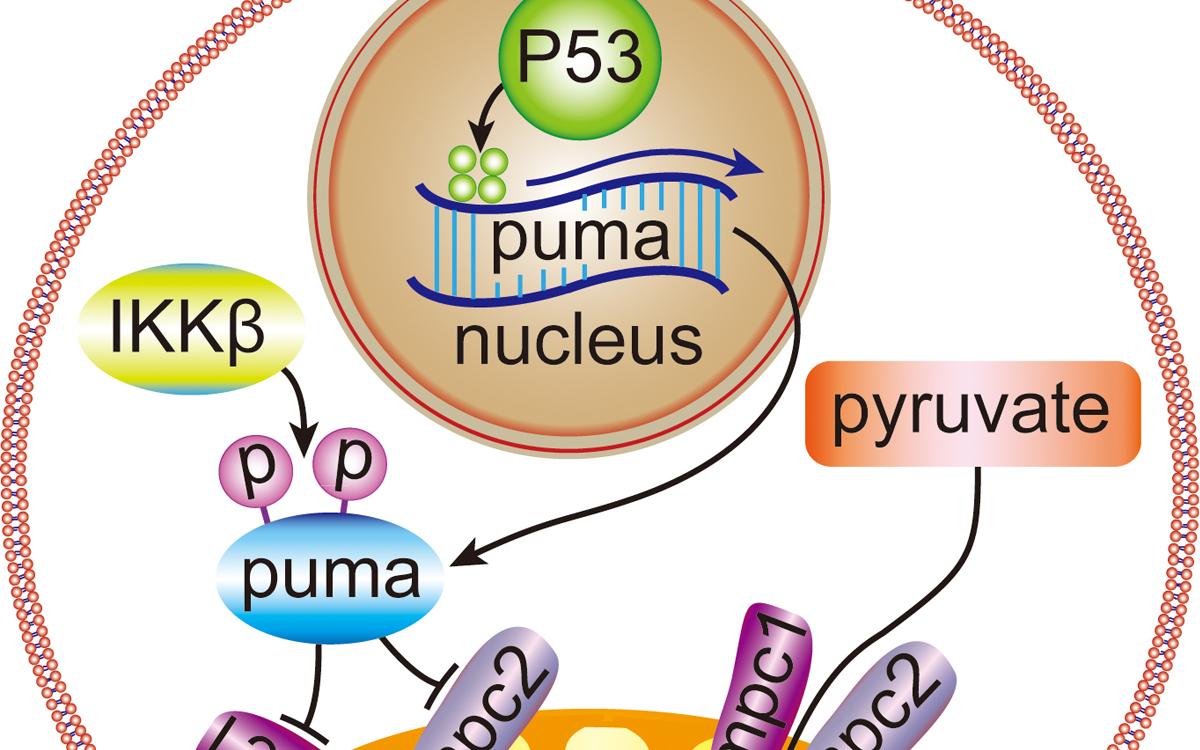


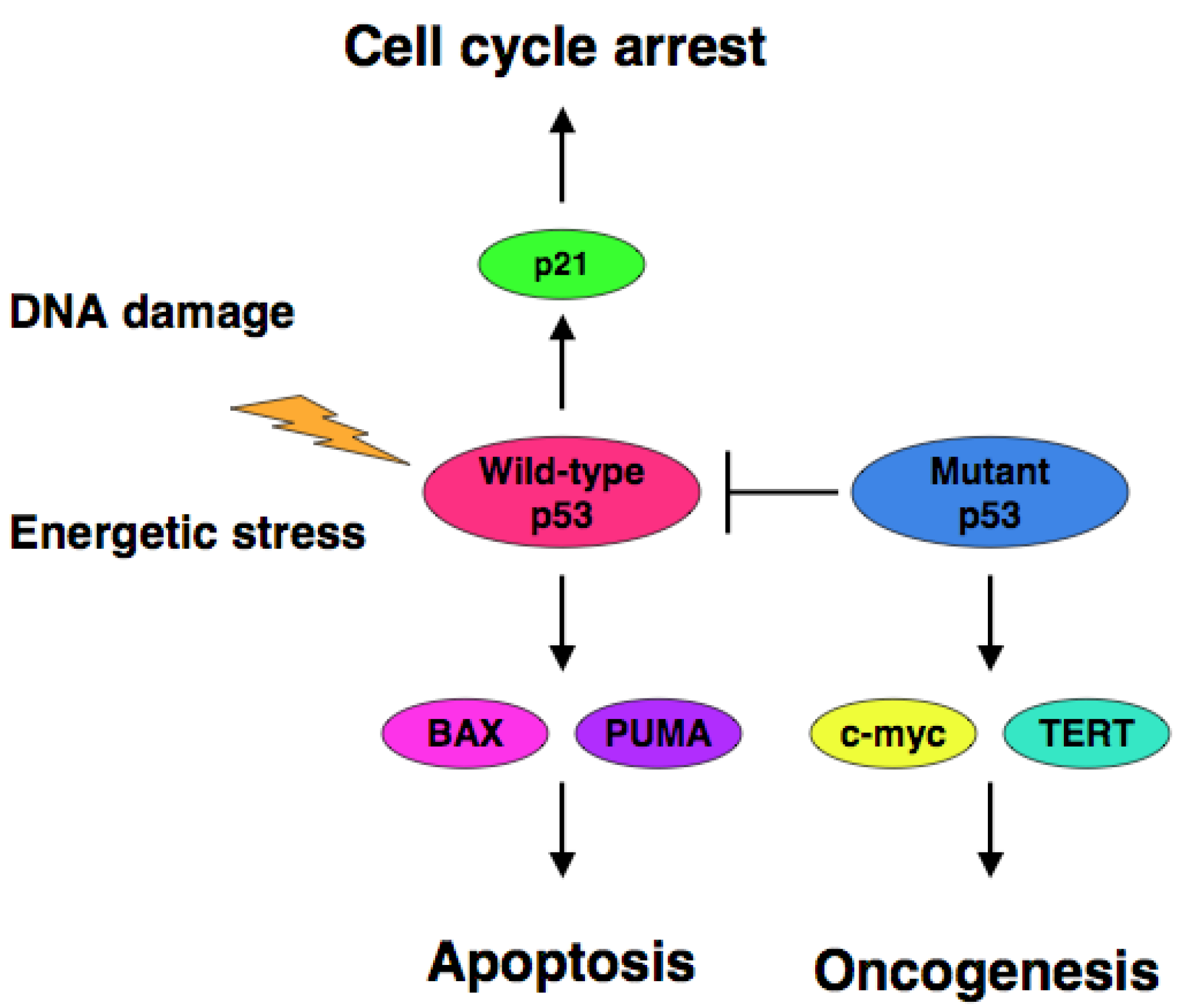
![PDF] Importance of proapoptotic protein PUMA in cell radioresistance. | Semantic Scholar PDF] Importance of proapoptotic protein PUMA in cell radioresistance. | Semantic Scholar](https://d3i71xaburhd42.cloudfront.net/007b74c8e175676f622b7c398091fdf81698eb6a/3-Figure2-1.png)

![PDF] Importance of proapoptotic protein PUMA in cell radioresistance. | Semantic Scholar PDF] Importance of proapoptotic protein PUMA in cell radioresistance. | Semantic Scholar](https://d3i71xaburhd42.cloudfront.net/007b74c8e175676f622b7c398091fdf81698eb6a/2-Figure1-1.png)


